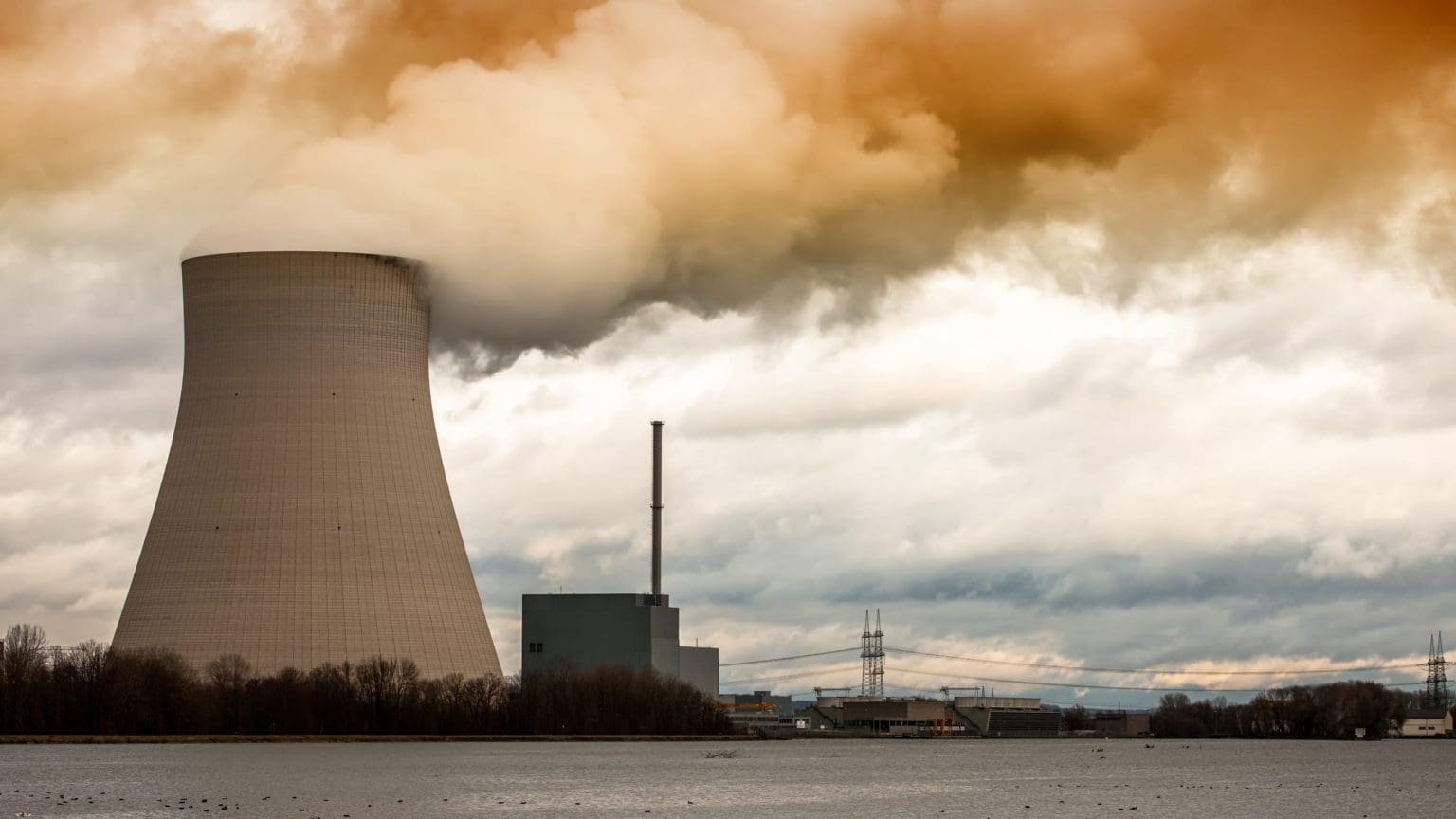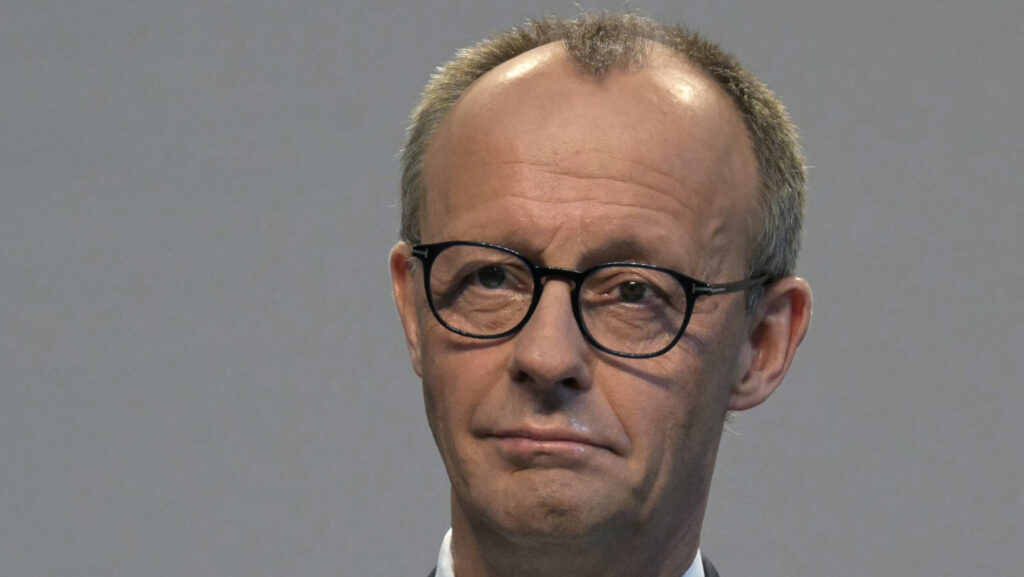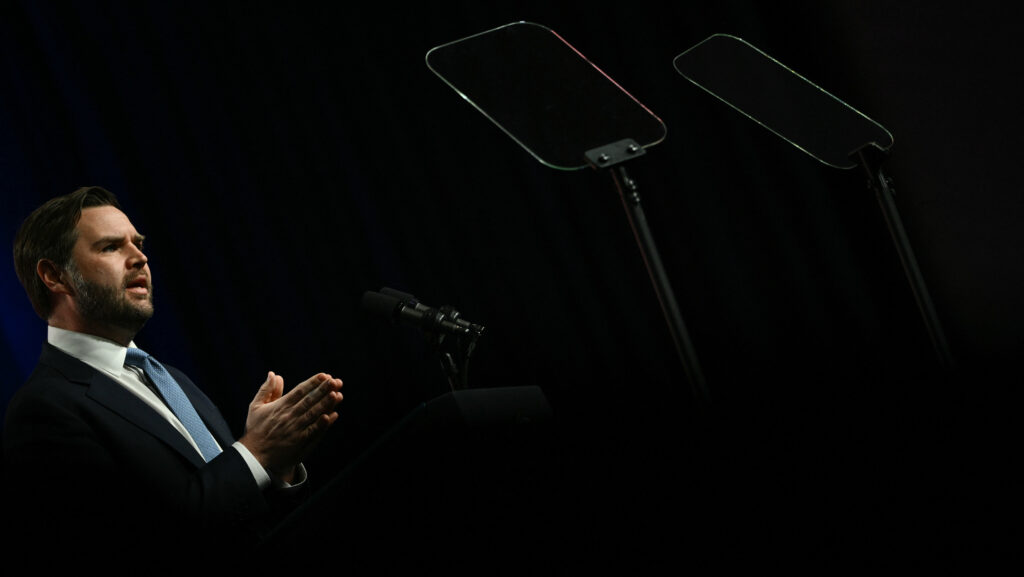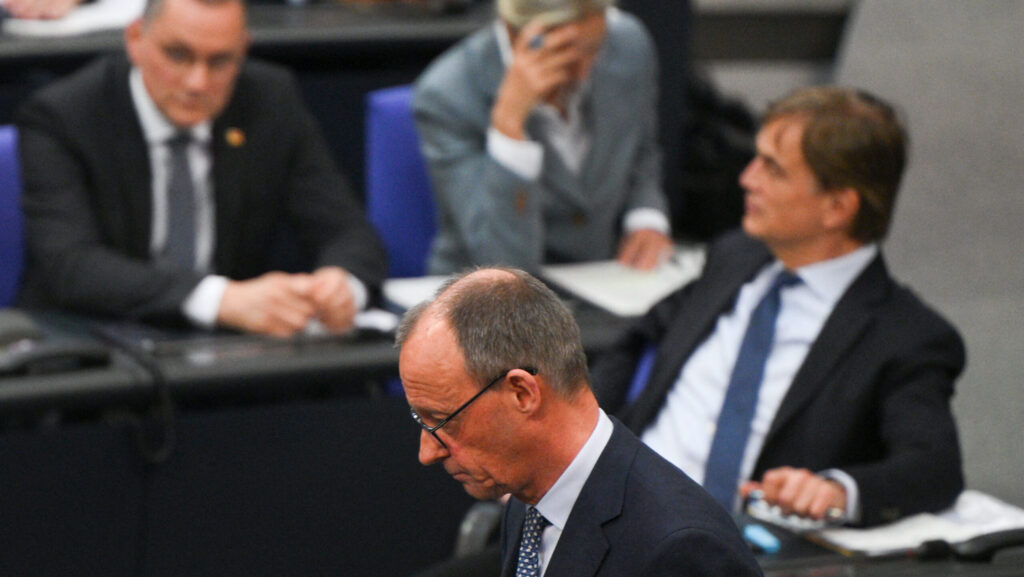Germany is reconsidering its plan to abandon nuclear power by the end of 2022, amidst fears that Russia could decrease the gas flow even further, triggering an electricity crunch in the country.
U-turn
The decision not to abandon nuclear power would be a U-turn for Germany’s energy policy. The country’s anti-nuclear movement has a long and deep history which has been reflected in policy changes over the years.
The return to nuclear energy would also be a tough pill to swallow for the Greens, as being anti-nuclear has been a pillar of chancellor Olaf Scholz’s coalition government.
According to the Financial Times, a person close to the Greens’ leadership said that the party came to the conclusion that ‘all options should be on the table’ in the case of an energy emergency. This includes extending the operation of the Isar 2 nuclear plant in Bavaria beyond its planned shutdown date of 31 December 2022.
‘All options should be on the table’
The possible extension would apparently be granted for only a limited number of months and contingent on whether the German electricity supply can function ‘under aggravated conditions’. If stress tests prove that the electricity supply is resilient enough, they would go ahead with the shutdown.
However, it is quite unlikely that the electricity supply would be able to withstand the hardships, as Bavaria, a key industrial region, has little to no wind or solar energy, and relies heavily on gas and nuclear for its electricity demand.
The government would take the decision in a ‘completely ideology-free and open-minded way,’ a spokesperson for Scholz said.
Newfound Willingness
The nuclear rethink highlights how Russia’s intensifying economic war with the West has led to a newfound willingness among German politicians to abandon the anti-nuclear policy that was adopted in order to speed up the green transition.
All signs point towards the Kremlin being ready to use energy as a weapon at any time. Gazprom has cut gas flow to 20 per cent capacity in the Nord Stream 1 pipeline, sending gas prices to 5-month highs.
Emergency Gas Curbs
Due to the approaching energy crunch, the EU agreed to emergency gas curbs. Dozens of EU countries are already facing lower gas supplies and Brussels is urging all member states to save gas for winter amid fears that Russia may cut gas completely as retaliation for Western sanctions over the war.
Energy ministers approved the EU proposal, which states that countries would voluntarily cut gas use by 15 per cent for the next eight months, compared to the average consumption of the past four years.
Although the agreement is not legally binding, it could be turned into such in case of a supply emergency, provided that the majority of EU countries agree.
German Economy Minister Robert Habeck stated that the deal would show Putin that Europe is united. ‘You will not split us,’ he said.
‘Using Gazprom, Moscow is doing all it can to make this coming winter as harsh as possible for European countries. Terror must be answered – [we must] impose sanctions,’ Habeck stated.
‘Special problem’
The government, a coalition of Scholz’s Social Democrats (SPD), the Greens and liberal Free Democrats (FDP), has so far stuck to the nuclear phaseout plans despite the Russian invasion.
According to Katrin Göring-Eckardt, the Green deputy speaker of parliament, Bavaria had a ‘special problem’ that could be addressed by allowing the Isar-2 to continue operating.
While the Greens have stressed that the nuclear plants that are still running only generate six per cent of the electricity in Germany, and gas is much more prominent at 13 per cent, the switch from gas to alternative energy sources could lead to the electricity demand growing, and nuclear has the potential to fill the gap in demand.
The government is now finally reconsidering its nuclear phase-out plans
Germany’s rather intransigent anti-nuclear stance has proven to be detrimental to the country’s efforts to secure adequate energy supplies for the winter. In light of the threat of Gazprom reducing gas flow even further in the future, the government is now finally reconsidering its nuclear phase-out plans. Although nuclear power does not account for a significant portion of Germany’s energy mix, ultimately, it could prove to be the one energy source that will help Germany withstand the energy crisis that the whole region is facing.








